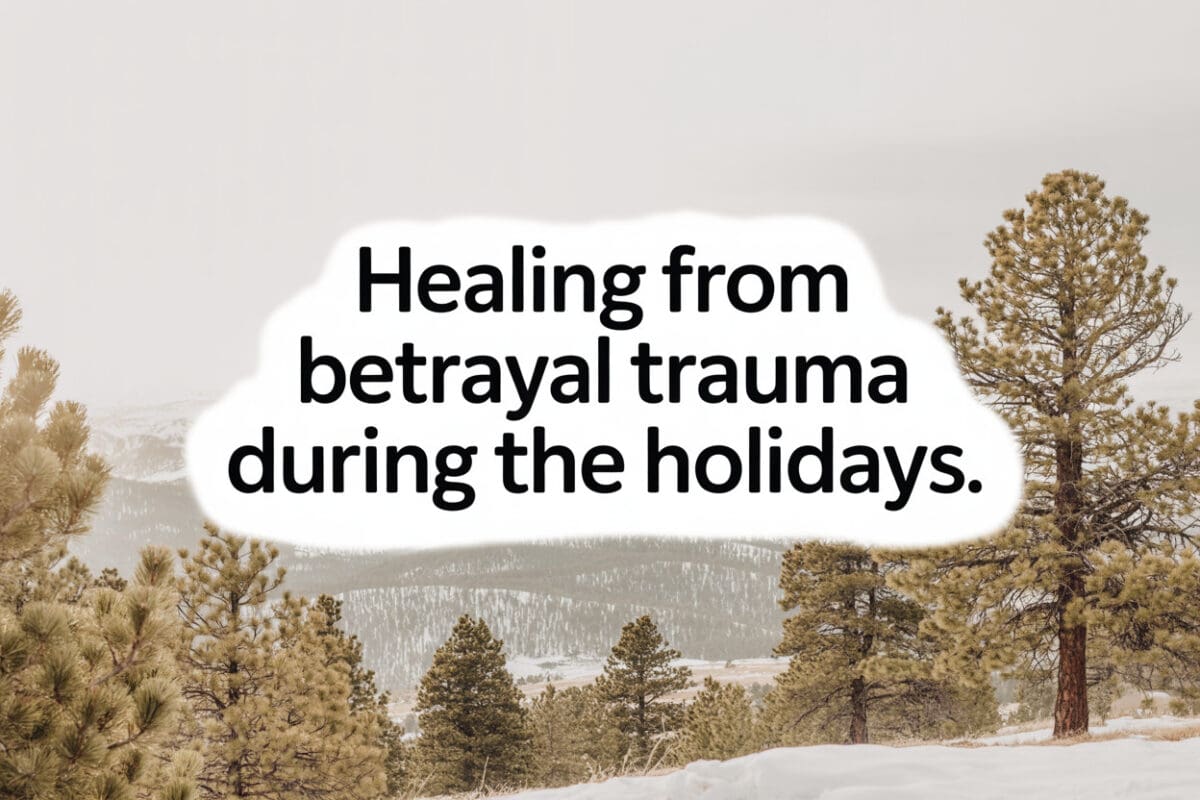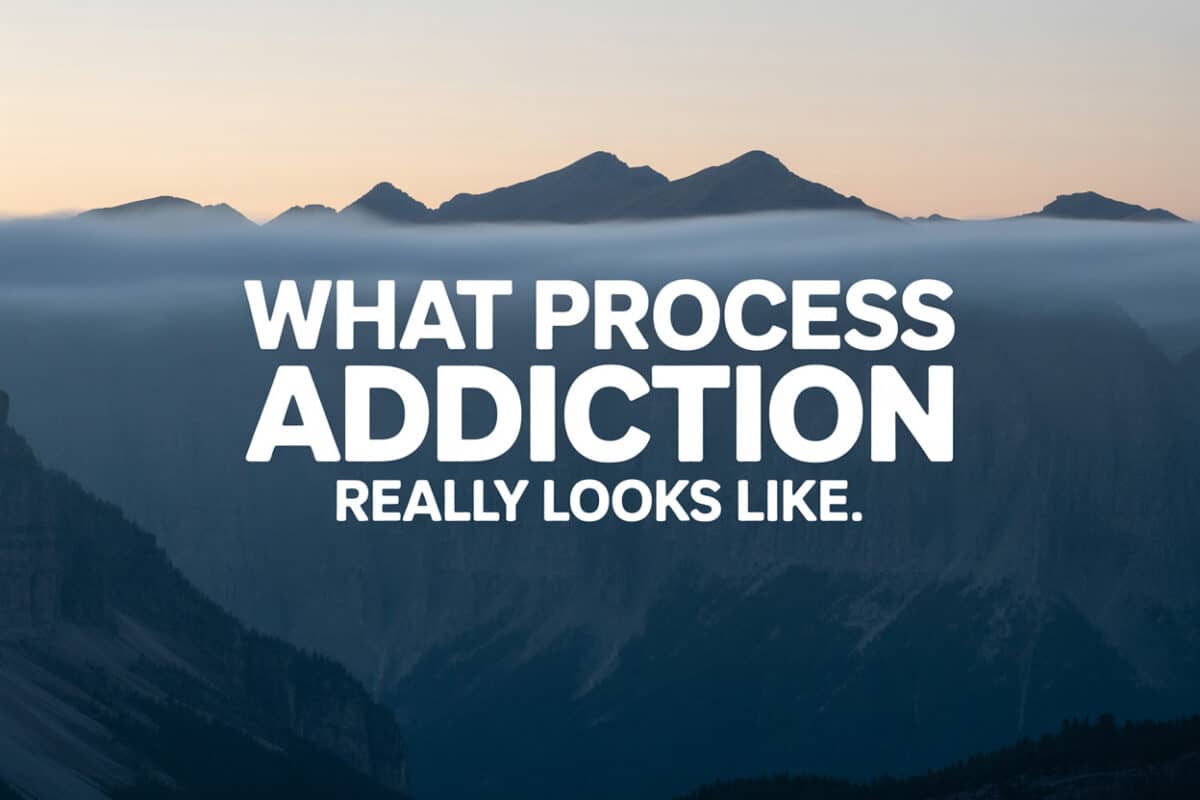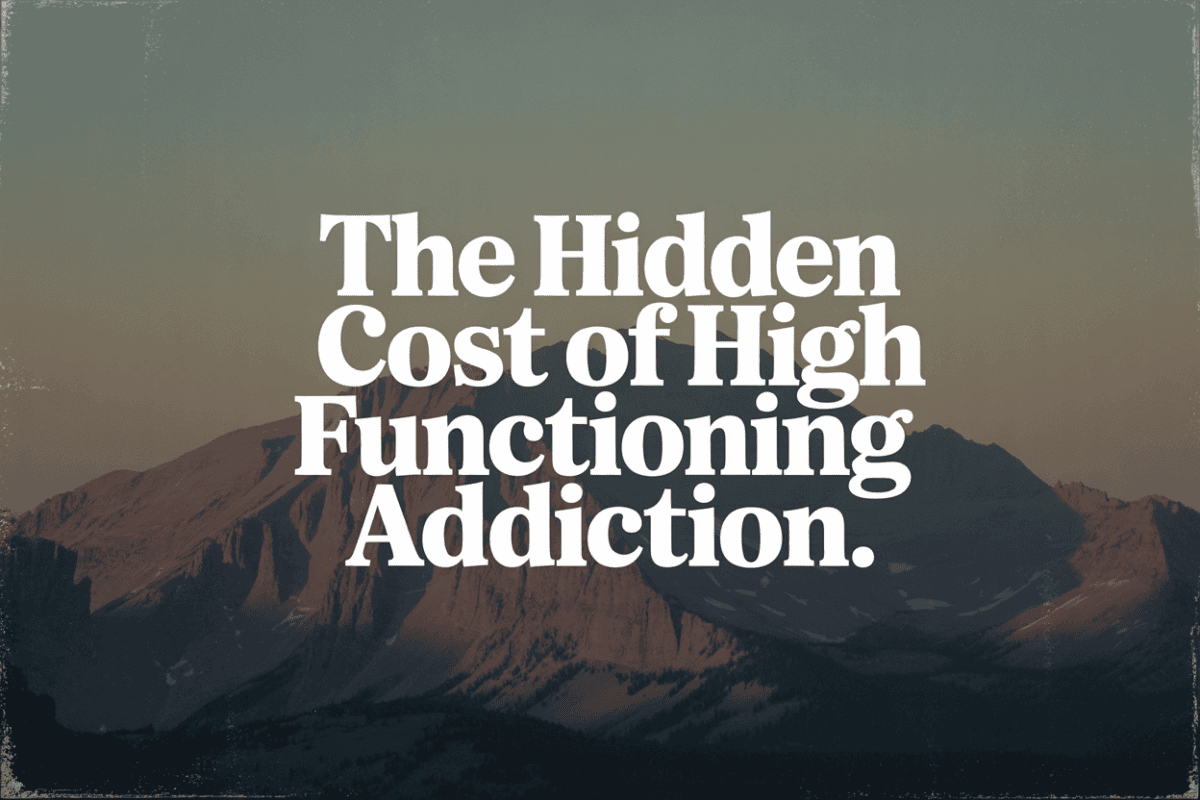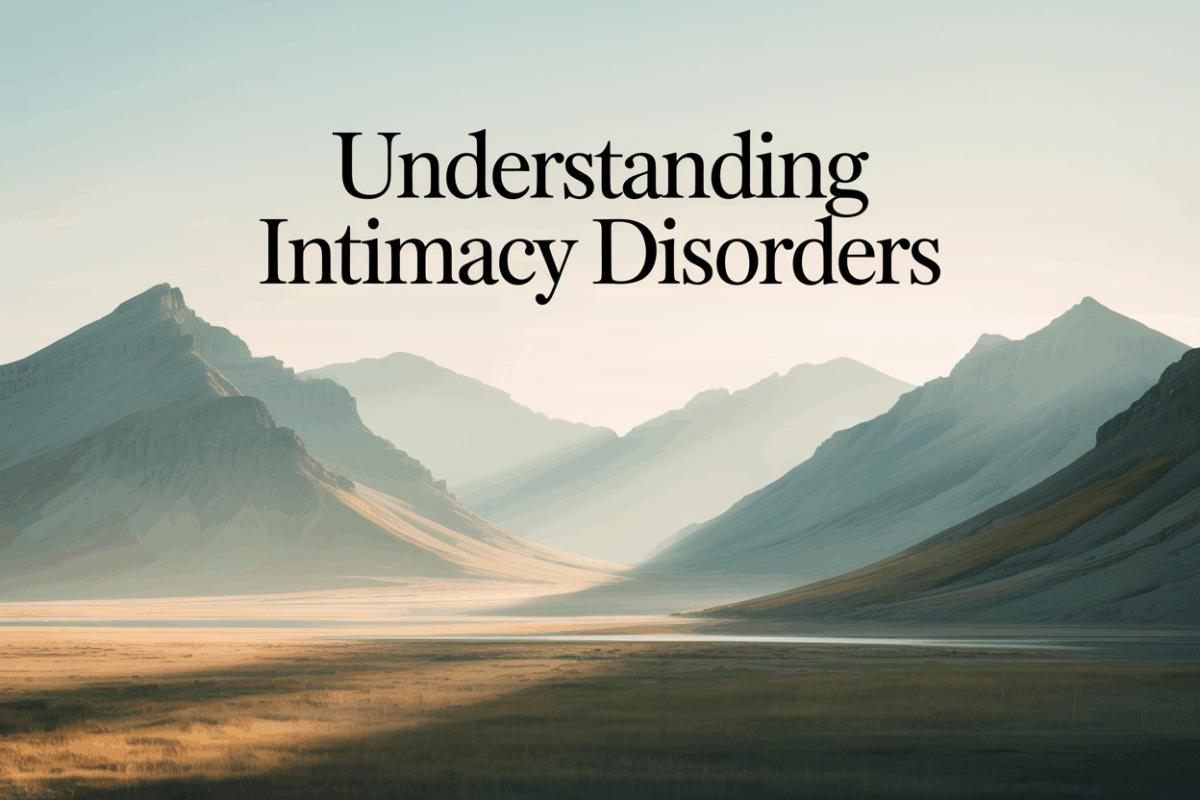The holidays are supposed to feel warm, connected, and joyful. But for spouses who have experienced betrayal trauma due to sex addiction, pornography addiction, or gambling addiction, the season often brings the opposite. The pressure to “hold things together,” show up at gatherings, maintain traditions, or pretend everything is fine can feel unbearable. Instead of […]
When people hear the term process addiction, they often picture extreme or sensational behaviors. Something dramatic. Something obvious. Something that clearly signals a crisis. The reality is very different. Process addictions like sex addiction, porn addiction, and gambling addiction rarely begin with chaos. They begin quietly, gradually, and often invisibly. Many men who struggle look […]
Most men are not taught how to ask for help. They are taught how to perform, endure, and keep moving. They hide their fear. They white knuckle their pain. They solve problems on their own. These expectations place enormous pressure on men who are quietly spiraling in sex addiction, gambling addiction, or other process addictions. […]
Discovering that your husband has a gambling addiction is rarely a single moment. More often, it is a slow realization marked by inconsistencies, financial confusion, emotional distance, or explanations that never quite add up. For many spouses, the discovery feels like the ground shifting under their feet. What once felt predictable and secure now feels […]
The Cost of High Functioning Porn Addiction in Men Most people imagine addiction as something obvious. Missed work. Major consequences. Visible chaos.Porn addiction rarely presents that way. In fact, some of the men who suffer most are the ones who appear to be performing well in every other area of life. They hold jobs. They […]
Addiction is a family disease. “The havoc active addiction creates in families and relationships stresses everyone in these ‘systems’—parents, children, siblings, spouses, partners, close friends, etc.,” wrote Dan Mager, MSW, on Psychology Today in 2016. “Active addiction destabilizes the home environment, disrupts family life and muddling relationships, and often compromises finances, as well as mental, […]
Internal Family Systems (IFS) is a powerfully transformative, evidence-based model of psychotherapy, based on the idea that the mind is naturally multiple. This multifaceted mind is considered normal and not pathological. “Our inner parts contain valuable qualities and our core Self knows how to heal, allowing us to become integrated and whole,” explains the IFS […]
Some controversy remains around intimacy disorders as sex addiction has yet to be included in the Diagnostic and Statistical Manual of Mental Disorders, which American clinicians use to diagnose mental health conditions. Its latest update in 2013, the DSM-5, did not list sex addiction as a specific psychiatric diagnosis. This may change in the next […]
The cardiovascular system controls heart and circulatory functions, making it a vital part of your body’s functioning and overall health. Poor cardiovascular health has several risk factors and can cause a person to develop life-threatening, and even deadly, illnesses. These can include high blood pressure, stroke, cancer, hypertension, and heart failure. In fact, more than […]











